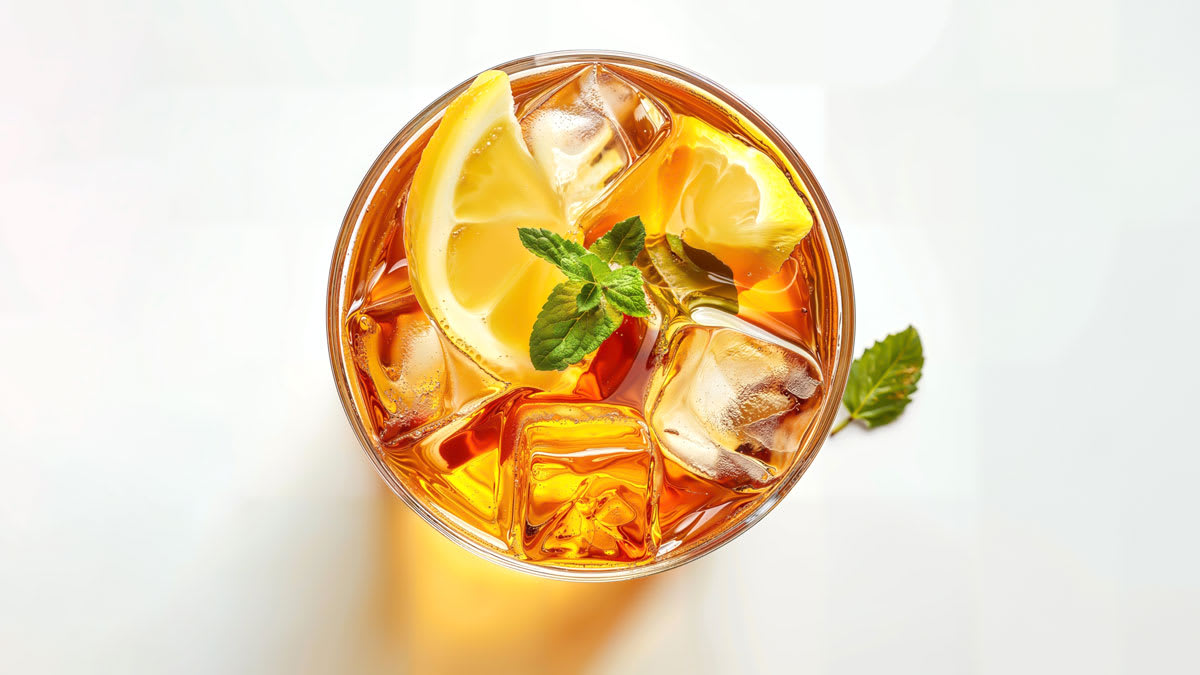Is Iced Tea Good for You?

Claims on iced tea bottles can make you think that the product is healthier or better in other ways, but it pays not to take them at face value. Here’s what a few of the most common terms you see really mean.
Tad sweet or slightly sweet: These unregulated terms are open to the manufacturer’s interpretation. Usually, it means that the tea has less sugar than a similar product from the same brand, but the amounts vary from brand to brand. The teas with this claim that we looked at contained anywhere from 5 to 25 grams of added sugars per bottle.
No artificial sweeteners: The tea may still contain sugar, stevia, sugar alcohols like erythritol, or a combo. For example, Pure Leaf Honey Green Iced Tea carries this claim and has 25 grams of sugar per 18.5-ounce bottle (from sugar and honey), as well as stevia extract. This sweetener is thought of as “natural” (vs. artificial), but while it comes from a plant, getting the extract requires processing in a lab.
No sugar, sugar free, or zero sugar: By law, the product must have less than 0.5 gram of sugars per serving. Teas with these claims may still contain a sugar substitute, such as sucralose, so check the ingredients label.
Fair Trade Certified: Farmers who grow crops (like tea or sugar) used in the product must pay workers at least the local minimum wage, provide safe working conditions, and more. This claim is verified, but it may apply to just a single ingredient, say, the tea and not the sugar.
Rainforest Alliance Certified: This means that some or all of the tea is sourced from farms that have met standards promoting sustainability and protecting farmers, forests, wildlife, and local communities.
Source link


